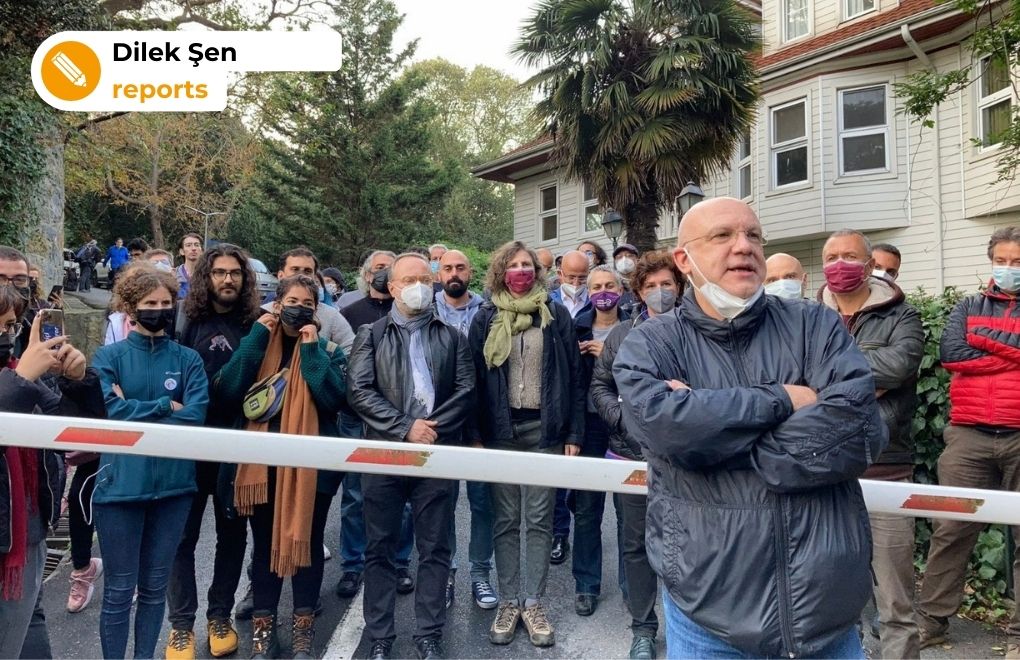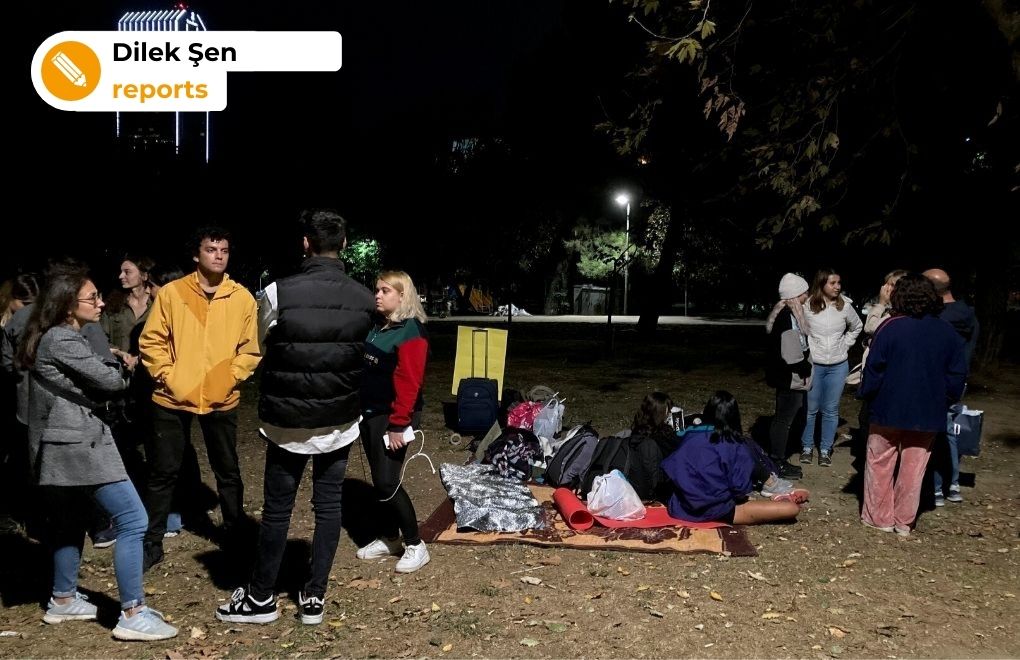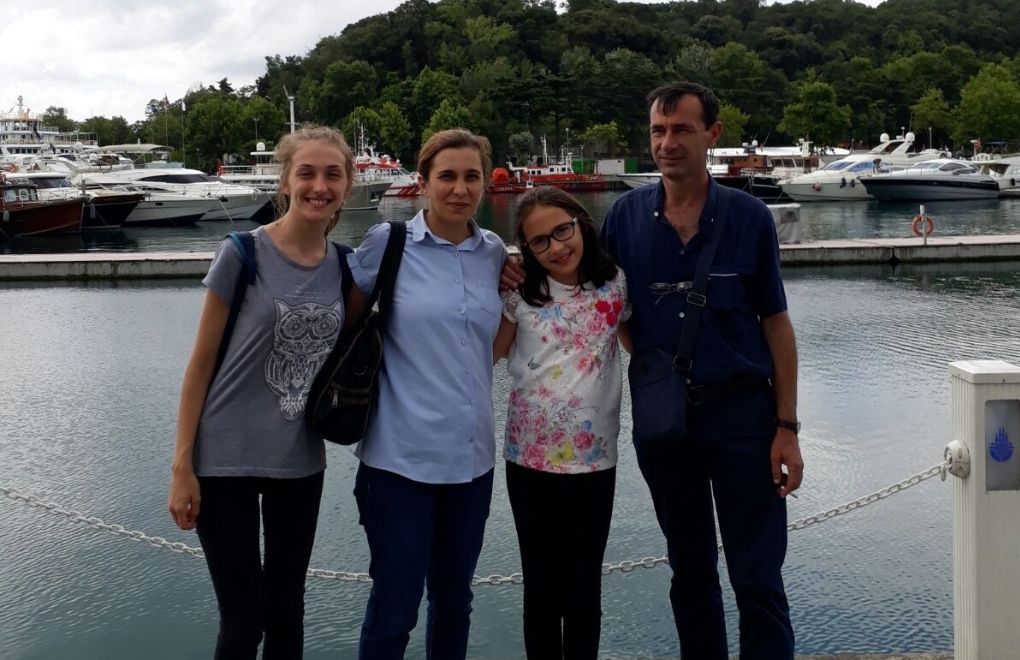Click to read the article in Turkish
It has been more than seven months since the first novel coronavirus (COVID-19) case was officially confirmed by Turkey and its effects are still deeply felt all across the country. Ahead of the flu season, it is now widely debated whether there are enough influenza vaccines in Turkey.
It was also not certain how the vaccine would be distributed. The Turkish Medical Association (TTB), Family Physicians Associations Federation (AHEF), Turkish Clinical Microbiology and Infectious Diseases Association (KLİMİK) and Turkish Pharmacists Association (TEB) underline that a sufficient number of vaccines must be procured quickly.
Amid these statements and debates, the Ministry of Health made a statement the other day (October 21) and announced that the available vaccines would be applied to citizens "gradually based on risk groups."
Following this statement, several people aged over 65, the citizens with chronic diseases and pregnant women have seen that they cannot access the flu vaccine. Both the criteria used in deciding who is in the risk group and how many flu vaccines there are in Turkey are still not certain.
Turkish Medical Association (TTB) Central Council Chair Prof. Dr. Şebnem Korur-Fincancı has spoken to bianet about the issue.
"The Ministry of Health announced that 1.5 million vaccines would be brought to Turkey, which was already not realistic in the pandemic period," Korur-Fincancı has said and added, "All these works to bring vaccines to Turkey should have ended in September and the vaccination should have begun. Therefore, there is a delay in that regard."
Korur-Fincancı has also referred to the statement of the World Health Organization (WHO), which has recommended that everyone over six months of age should be vaccinated. "There are studies that show that influenza vaccination protects from COVID-19 infection. In the event of an infection by both diseases, it leads to a picture where the course of both diseases get severe, they trigger each other and which is called the 'perfect storm' by the experts of this field," she has warned.
'Will 1.5 million vaccines be enough for whom?'
Underlining the importance of widespread vaccination, Korur-Fincancı has indicated that everyone should be vaccinated:
"For whom will 1.5 million vaccines be enough? It will not even suffice to vaccine the ones the Health Ministry is trying to categorize as risk groups.
"In such a period, everyone must be vaccinated without any differentiation or consideration of risk. The number of vaccines necessary for the vaccination of the entire society without any differentiation based on risk must be identified by the Health Ministry quickly and they must be procured.
'They must be free of charge'
"Vaccines must be provided free of charge. It is an obligation of the state to ensure this. An arrangement where vaccines are not free is unacceptable."
Şebnem Korur-Fincancı has also underlined that "health workers must be primarily vaccinated" and added, "The Ministry of Health is talking about 1 million 100 thousand healthcare workers. The available vaccines will be only enough for them. Because when health workers are effected by the flu as well, there will remain no one to work in the field."
According to Korur-Fincancı, the "incomprehensible risk definitions" might also lead to incidents of violence targeting healthcare workers:
"The government is the only one responsible for the shortage here. Physicians and health workers are doing their best and they are shouldering the heaviest burden of this process. We are expecting the society to claim its right and demand this right from the government."
CLICK - 'Turkey procured only 1.3 million doses of flu vaccine while it needs 10 million'
'Based on what have they eliminated people?'
Family Physicians Associations Federation Second Chair Dr. Yavuz Eryazğan is also concerned about violence in healthcare.
"It is still not certain based on what the Ministry has done the elimination," he has said and added, "We have been vaccinating patients with asthma and those aged over 65 for years, these people have such an expectation now. What will happen when we turn down these people who come to us with such an expectation and tell them, without an official document from the Ministry, that 'the system does not give them vaccines'?"
Eryazğan has also underlined that the number of flu vaccines must be increased so that health workers in the field can be protected and citizens have an easier access to the vaccine. "People must also be directly informed by an SMS or on their e-Nabız (e-Pulse) application and told whether they can have the vaccine or not. In other words, the person should not come to the family health centers or hospitals every other day to check." (DŞ/SD)







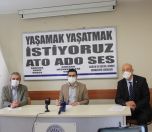

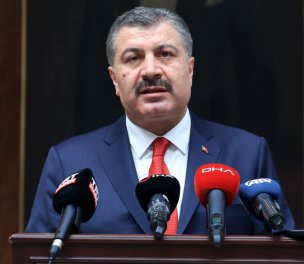
.jpg)

